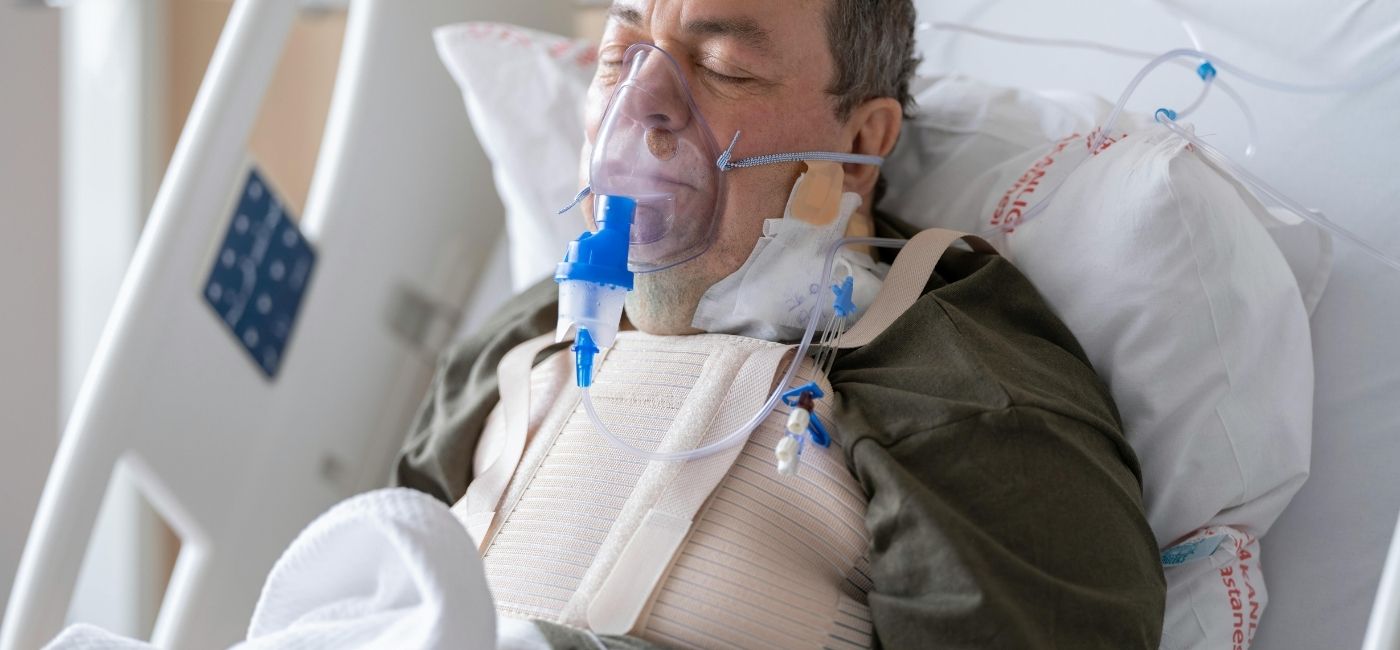We’ve all felt it coming—that scratchy throat, stuffy nose, and the slow wave of fatigue that signals a cold is on its way. Often, that’s the start of an upper respiratory infection (URI), one of the most common health issues people face, especially during seasonal changes. But once it hits, the biggest question is:
How long does an upper respiratory infection last?
Let’s break down the timeline, symptoms, and what you can do to recover faster—plus when to seek emergency care at Heights Emergency Room.
What Is an Upper Respiratory Infection?
An upper respiratory infection affects the nose, throat, sinuses, and airways. Most are caused by viruses (like the common cold or flu), but bacteria can sometimes be to blame. Common types of URIs include:
-
The common cold
-
Sinus infections (sinusitis)
-
Pharyngitis (sore throat)
-
Laryngitis
-
Influenza (flu)
These infections spread easily, especially in crowded or indoor environments, and are often passed through coughs, sneezes, or touching contaminated surfaces.
How Long Does an Upper Respiratory Infection Last?
On average:
-
Most viral upper respiratory infections last 7 to 10 days
-
Mild cases can start improving in just 3–5 days
-
More stubborn cases may drag on up to 2 weeks
If symptoms last longer than 10–14 days, worsen suddenly, or come with high fever and chest pain, it might be time to see a doctor. You could be dealing with a secondary bacterial infection, like bronchitis or pneumonia.
Common Symptoms of a URI
Typical symptoms include:
-
Runny or congested nose
-
Sore or scratchy throat
-
Sneezing and coughing
-
Mild fever or chills
-
Sinus pressure and headaches
-
Fatigue and general discomfort
Symptoms tend to peak around day 2 or 3 and then gradually improve. If your condition doesn’t follow this pattern, don’t ignore it.
How to Feel Better Faster
While most URIs are self-limiting (they go away on their own), there are ways to ease discomfort and support your recovery:
-
Stay hydrated – Sip water, warm broth, or herbal tea to loosen mucus and soothe your throat.
-
Get plenty of rest – Your body needs energy to fight off the infection.
-
Use OTC medications like acetaminophen, ibuprofen, or decongestants to reduce fever and relieve sinus pressure.
-
Try humidifiers or steam – Moist air helps open nasal passages and reduce throat irritation.
-
Use honey to calm a cough (for adults and children over 1 year old).
Also, remember: Antibiotics won’t help unless your provider confirms a bacterial infection. Taking them unnecessarily can lead to antibiotic resistance or unwanted side effects.
When to Seek Medical Attention
You should see a doctor or visit an ER if you experience:
-
A fever over 101.5°F lasting more than 3 days
-
Shortness of breath or wheezing
-
Sharp chest pain
-
Persistent or worsening cough beyond 2 weeks
-
Blood in mucus or severe sinus pressure
-
Signs of dehydration (dizziness, dark urine, dry mouth)
24/7 Emergency Care at Heights Emergency Room
If your upper respiratory symptoms are severe, or you’re unsure whether it’s just a cold or something more serious—don’t wait. At Heights Emergency Room, we’re open 24/7, offering fast, expert care for respiratory infections, flu, sinus issues, and more.
We provide:
✅ Board-certified physicians
✅ No appointment needed
✅ On-site X-ray, labs, and breathing treatments
✅ Minimal wait time, private rooms, and compassionate care
📍 Heights Emergency Room – Your Neighborhood Houston ER.
📞 Call or walk in anytime for expert evaluation and fast relief.





